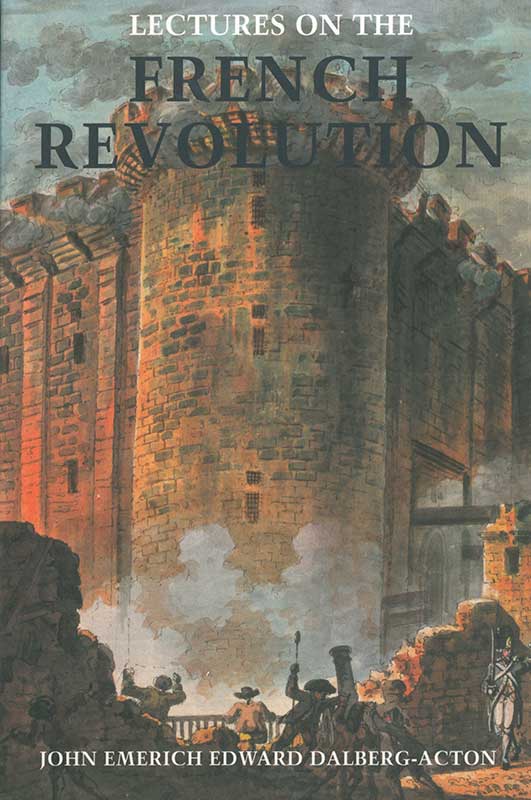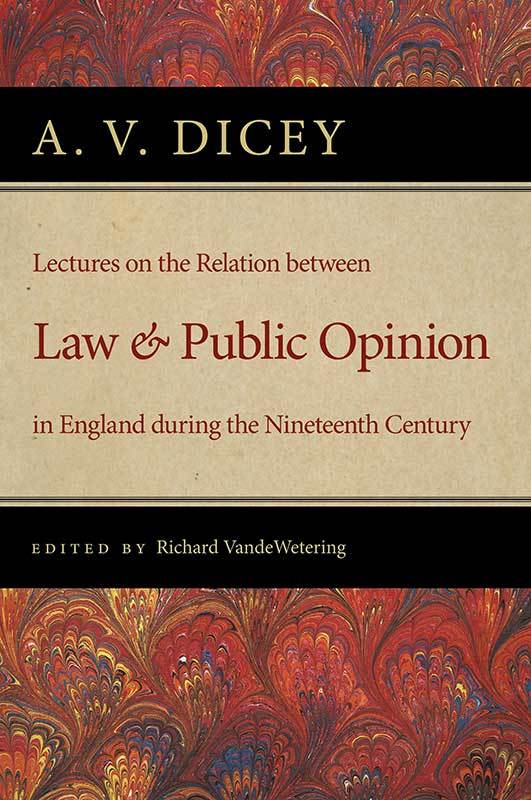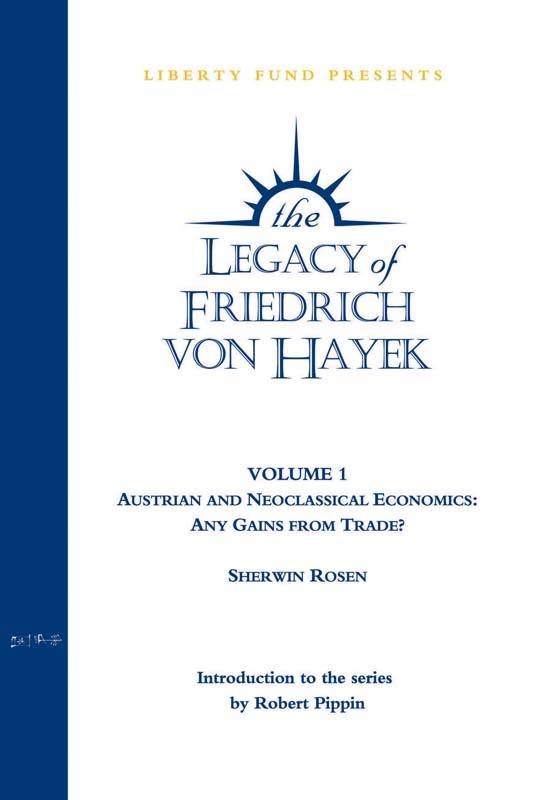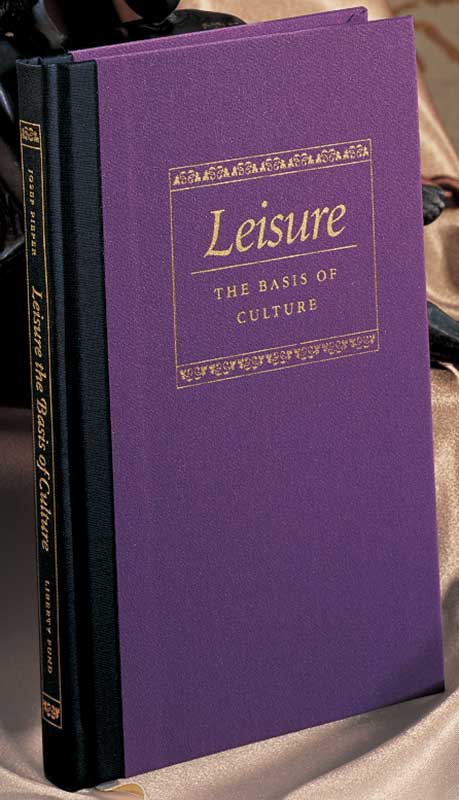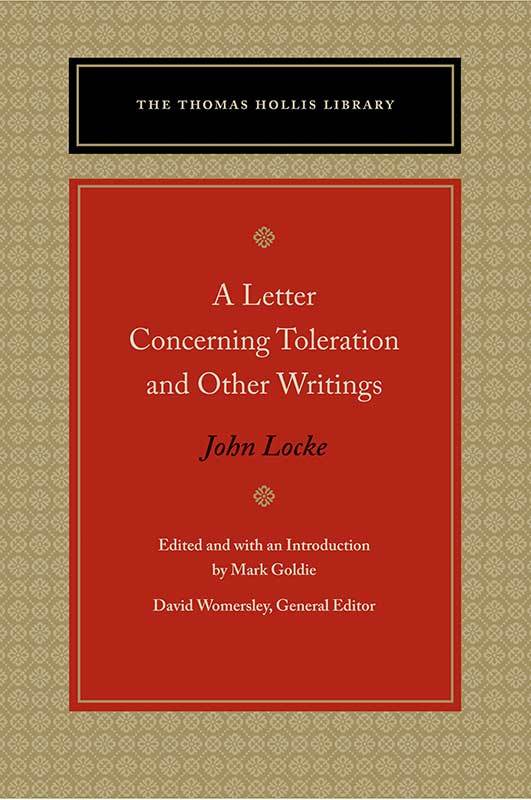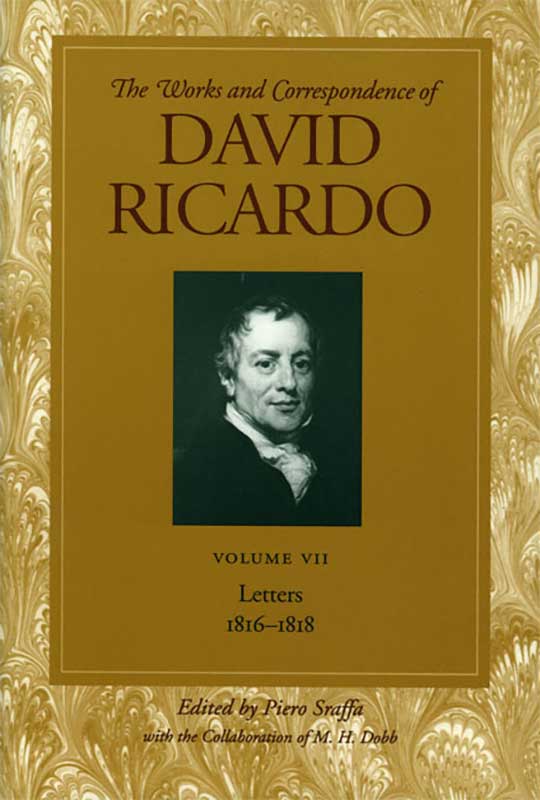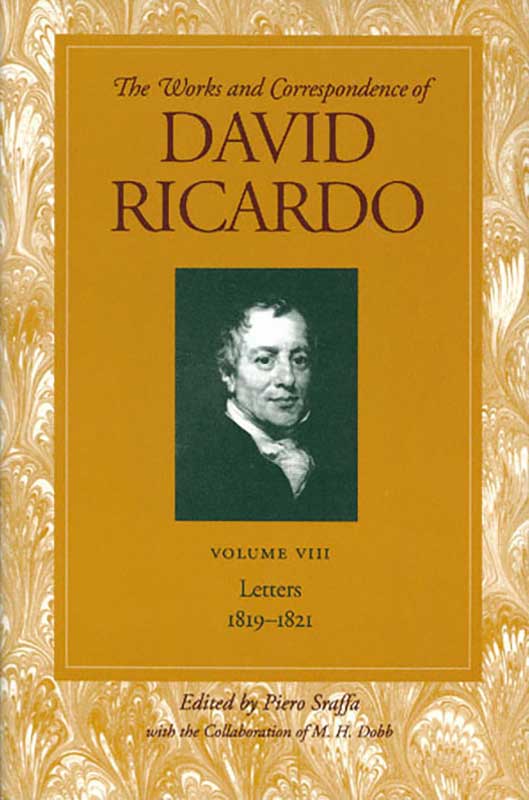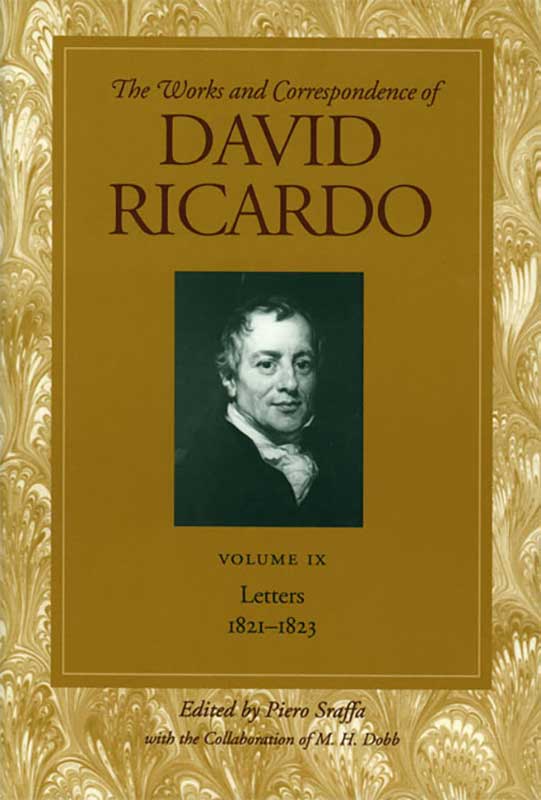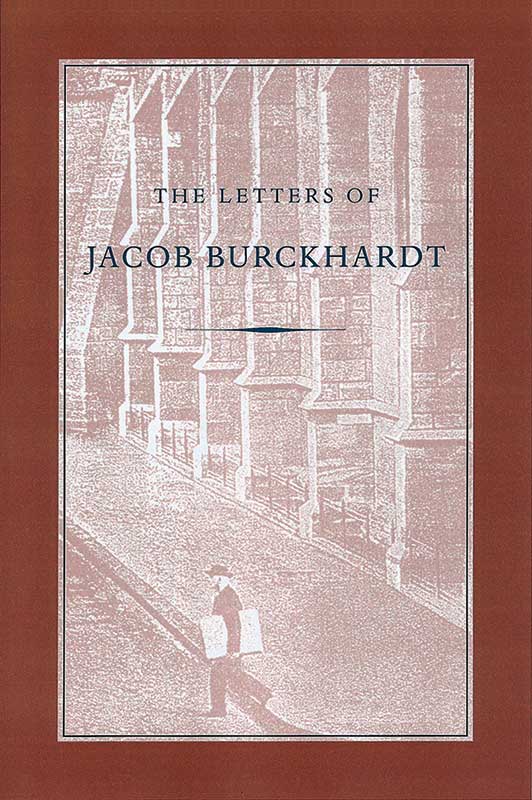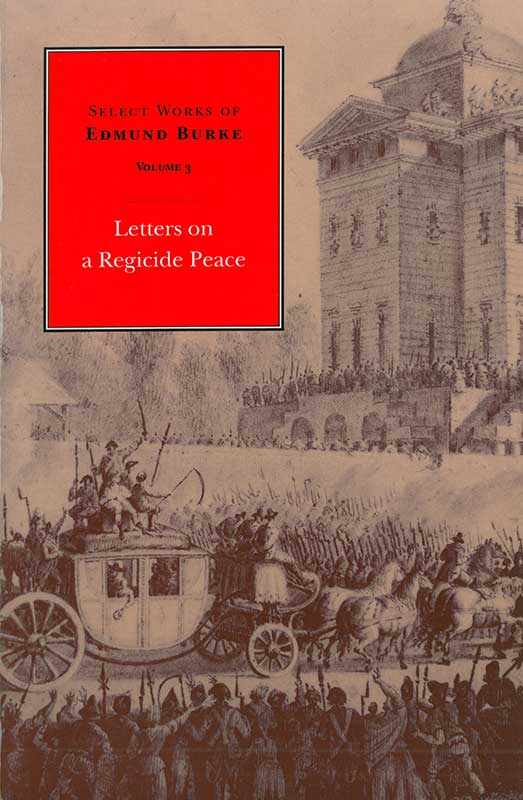Shop
-
Lectures on Rhetoric and Belles Lettres
by Adam Smith
/ Learn MoreThe “Notes of Dr. Smith’s Rhetorick Lectures,” discovered in 1958 by a University of Aberdeen professor, consists of lecture notes taken by two of Smith’s students at the University of Glasgow in 1762–1763. There are thirty lectures in the collection, all on rhetoric and the different kinds or characteristics of style. The book is divided into “an examination of the…
-
Lectures on the French Revolution
by John Emerich Edward Dalberg-Acton
/ Learn MoreThis collection of the lectures of Lord Acton on the French Revolution comprises a disciplined, thorough, and elegant history of the actual events of the bloody episode. It is as thorough a record as could be constructed in Acton’s time of the actions of the government of France during the Revolution. Delivered at Cambridge University between 1895 and 1899, Lectures…
-
Lectures on the Relation between Law and Public Opinion in England during the Nineteenth Century
by A. V. Dicey
/ Learn MoreThis volume brings together a series of lectures A. V. Dicey first gave at Harvard Law School on the influence of public opinion in England during the nineteenth century and its impact on legislation. Dicey’s lectures were accurate as a reflection of the anxieties felt by turn-of-the-century Benthamite Liberals in the face of Socialist and New Liberal challenges. A. V.…
-
The Legacy of Friedrich von Hayek (DVD)
by
/ Learn MoreIn celebration of the one hundredth anniversary of Friedrich von Hayek’s birth, Liberty Fund and the Committee on Social Thought at the University of Chicago present The Legacy of Friedrich von Hayek, a DVD series of seven lectures from outstanding scholars of Hayek’s work. The host and moderator for the lectures is the Chairman of the Committee on Social Thought,…
-
Leisure the Basis of Culture
by Josef Pieper
/ Learn MoreThis elegantly written work introduces the reader to an understanding that leisure is nothing less than “an attitude of mind and a condition of the soul that fosters a capacity to perceive the reality of the world.” Pieper demonstrates that “Leisure has been, and always will be, the first foundation of any culture,” and observes, “in our bourgeois Western world…
-
A Letter Concerning Toleration and Other Writings
by John Locke
/ Learn MoreThis volume opens with Locke’s Letter Concerning Toleration (1689) and also contains his earlier Essay Concerning Toleration (1667), extracts from the Third Letter for Toleration (1692), and a large body of his briefer essays and memoranda on this theme. As editor Mark Goldie writes in the introduction, A Letter Concerning Toleration “was one of the seventeenth century’s most eloquent pleas…
-
Letters 1810-1815
by David Ricardo
/ Learn MoreDavid Ricardo was born in London in 1772. His father, a successful stockbroker, introduced him to the Stock Exchange at the formative age of fourteen. During his career in finance, he amassed a personal fortune which allowed him to retire at the age of forty-two. Thereafter, he pursued a political career and further developed his economic ideas and policy proposals.
-
Letters 1816-1818
by David Ricardo
/ Learn MoreDavid Ricardo was born in London in 1772. His father, a successful stockbroker, introduced him to the Stock Exchange at the formative age of fourteen. During his career in finance, he amassed a personal fortune which allowed him to retire at the age of forty-two. Thereafter, he pursued a political career and further developed his economic ideas and policy proposals.
-
Letters 1819-1821
by David Ricardo
/ Learn MoreThis period of Ricardo’s life witnessed his entrance into Parliament as a member of the House of Commons where he became an influential advocate of free trade through his opposition to Britain’s restrictive “Corn laws.” These letters preserve the intellectual give-and-take on many of the political economic issues of Ricardo’s age. The list of these eminent correspondents includes: T. R.
-
Letters 1821-1823
by David Ricardo
/ Learn MoreDavid Ricardo was born in London in 1772. His father, a successful stockbroker, introduced him to the Stock Exchange at the formative age of fourteen. During his career in finance, he amassed a personal fortune which allowed him to retire at the age of forty-two. Thereafter, he pursued a political career and further developed his economic ideas and policy proposals.
-
The Letters of Jacob Burckhardt
by Jacob Burckhardt
/ Learn MoreAs a rule, an author’s correspondence possesses only a secondary interest, but Jacob Burckhardt’s letters are of primary interest to students of history because of the nature of the man and of his major writings. Judgments on History and Historians, for example, consists not of Burckhardt’s own lectures, but of notes on his lectures by one of his greatest students.
-
Select Works of Edmund Burke: Letters on a Regicide Peace
by Edmund Burke
/ Learn MoreThis famed Payne edition of Select Works of Edmund Burke is universally revered by students of English history and political thought. Volume 3 presents Burke’s Four Letters on the Proposals for Peace with the Regicide Directory of France—generally styled Letters on a Regicide Peace (1795–1796). The Letters, Payne believed, deserve to “rank even before [Burke’s] Reflections, and to be called…
35% OFF YOUR ENTIRE BOOK PURCHASE
With promo code:
FALL2025
Expires October 31, 2025


